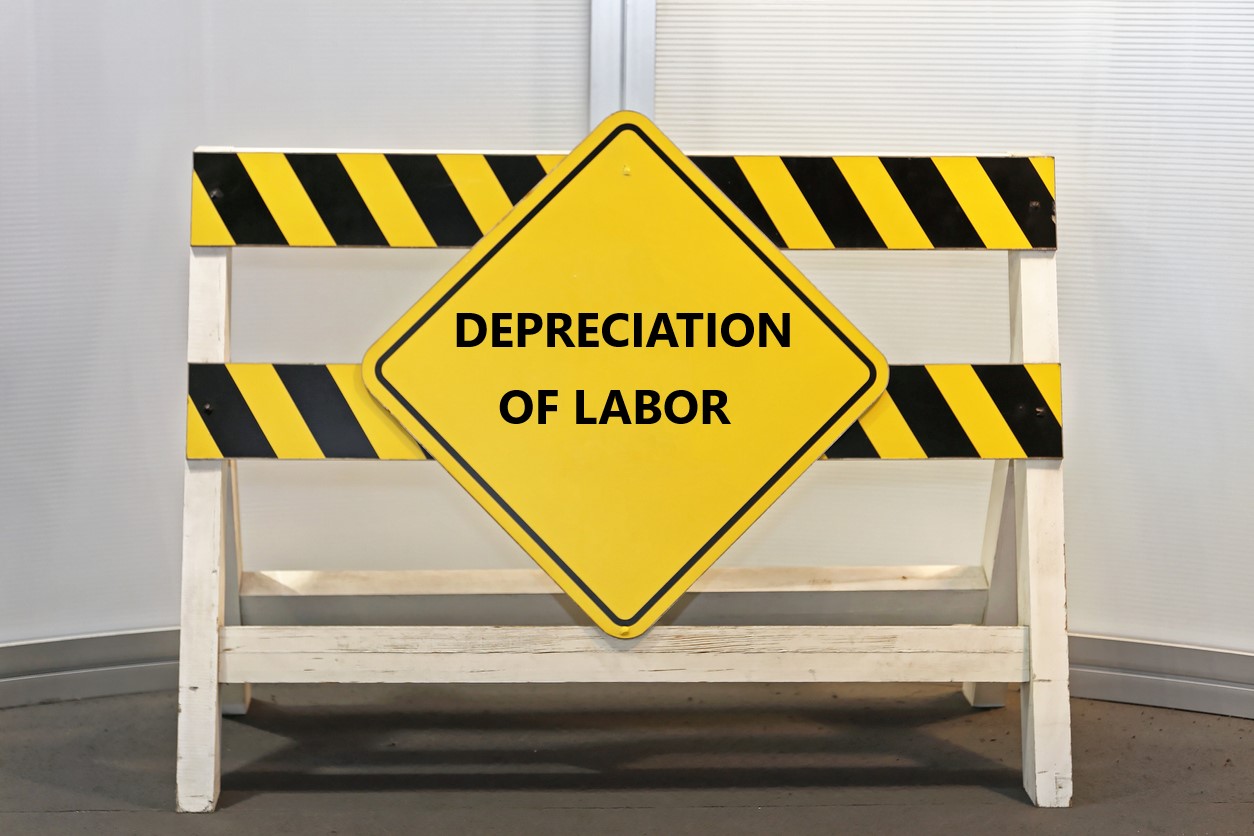On April 7, 2017, the Texas Supreme Court in USAA Tex. Lloyds Co. v. Menchaca,1 answered several issues that had continually swirled around litigation arising out of Hurricane Ike policy disputes. Unresolved issues included among others:
- Whether an insured is required to obtain a breach of contract finding as a prerequisite to a recovery for an insured’s extra-contractual claims such as an insurer’s violations under the Texas Insurance Code; and
- if an insured can show entitlement or a right to policy benefits, whether those policy benefits can serve as actual damages for extra-contractual claims even if the insured cannot establish a breach of contract claim.
Following a jury trial on disputed policy coverage of Hurricane Ike damages to Gail Menchaca’s home, the jury found that USAA did not fail to comply with the policy (Question One) but failed to pay the claim without conducting a reasonable investigation in violation of Section 541.060(a)(7) of the Texas Insurance Code (Question Two). The jury awarded policy benefits as damages.
Disagreeing with USAA’s contention that a finding of a breach of contract was a prerequisite to extra-contractual damages, the Supreme Court held:
USAA contends that Menchaca could not recover policy benefits unless she prevailed on her breach-of-contract claim. . . .We disagree. Although our prior decisions refer interchangeably to both ‘breach’ and ‘coverage,’ our focus in those cases was on whether the insured was entitled to benefits under the policy, because an insurer’s statutory violation cannot ‘cause’ the insured to suffer the loss of benefits unless the insured was entitled to those benefits. Thus, although we have referred to both ‘breach’ and ‘coverage,’ what matters for purposes of causation under the statute is whether the insured was entitled to receive benefits under the policy. While an insured cannot recover policy benefits for a statutory violation unless the jury finds that the insured had a right to the benefits under the policy, the insured does not also have to establish that the insurer breached the policy by refusing to pay those benefits. As we explain further in the following section, if the jury finds that the policy entitles the insured to receive the benefits and that the insurer’s statutory violation caused the insured to not receive those benefits, the insured can recover the benefits as ‘actual damages…caused by’ the statutory violation. See TEX. INS. CODE §541.151.2
In attempting to resolve and clarify disputed issues that had surged during Ike litigation, the Supreme Court laid out five distinct but interrelated rules governing the interplay between contractual insurance disputes and allegations of statutory wrongdoing:3
- The General Rule: An insured generally cannot recover policy benefits as damages for an insurer’s statutory violation if the policy does not provide the insured a right to receive those benefits.
- The Entitled-to Benefits Rule: An insured who establishes a right to receive benefits under the insurance policy can recover those benefits as actual damages under the Insurance Code “if the insurer’s statutory violation causes the loss of the benefits.”
- The Benefits-Lost Rule: Even if the insured cannot establish a present contractual right to policy benefits, the insured can recover benefits as actual damages under the Insurance Code if the insurer’s statutory violation caused the insured to lose that contractual right.
- The Independent Injury Rule: If an insurer’s statutory violation causes an injury independent of the loss of policy benefits, the insured may recover damages for that injury even if the policy does not grant the insured a right to benefits.
- The No-Recovery Rule: An insured cannot recover any damages based on an insurer’s statutory violation if the insured had no right to receive benefits under the policy and sustained no injury independent of a right to benefits.
Applying these five rules, the Supreme Court reversed and remanded Manchaca for a new trial based on the trial court’s error in disregarding Question One –the jury’s “No” answer to the breach of contract question. The Supreme Court concluded if the “No” answer to the breach of contract question had not been disregarded by the trial judge, that “No” finding would have precluded Menchaca from recovering policy benefits as damages under the Insurance Code.
Just as these windstorm issues from Ike litigation had retreated somewhat with the Supreme Court’s pronouncements in Menchaca, USAA filed a Motion for Reconsideration, which the Supreme Court accepted on December 15, 2017. USAA’s Motion for Reconsideration characterizes the Menchaca opinion as confusing rather than clarifying. An example from USAA’s Motion for Reconsideration, illustrates USAA’s exacerbation with the opinion. One of USAA’s key criticisms is the manner in which the Supreme Court handles the concepts of “breach” and “entitlement to benefits.” The Menchaca opinion states:
While an insured cannot recover policy benefits for a statutory violation unless the jury finds that the insured had a right to the benefits under the policy, the insured does not also have to establish that the insurer breached the policy by refusing to pay those benefits.4
USAA interprets the above language as improperly suggesting that the concepts of “right to benefits” and “breach” are distinct concepts allowing an insured to recover policy benefits even if the jury does not find a breach of that policy. It is USAA’s position that “breach” and “entitlement or right to benefits” are two sides of the same coin rather than distinct concepts. To support its interpretation, USAA points out that even though the Insurance Code imposes duties on insurers additional to those under the contract, the Code has never required an insurance company to pay contract benefits when there has been no breach. USAA asserts Menchaca got it wrong and that the only way an insured can recover policy benefits is to establish an insurer’s liability on the contract. Applying that argument to the facts in Menchaca, USAA concludes that the jury’s “No” answer to Question One, the breach of contract question, means that Menchaca was unable to prove USAA’s liability on the contract, which precludes her recovery of policy benefits, whether on a contract claim or for a statutory violation.5
This is only a small sampling of the flurry of arguments USAA asserts in its Motion for Rehearing. In the coming months, more briefs will be filed on both sides—stay tuned to discover whether the Supreme Court will withdraw and re-write its Menchaca opinion.
_________________
1 USAA Tex. Lloyds Co. v. Menchaca, No. 14-0721, 2017 WL 1311752 (Tex. April 7, 2017).
2 Menchaca, 2017 WL 1311752, at *7 (emphasis added).
3 Id. at *11-12.
4 Menchaca at *7 (emphasis added).
5 USAA’s Amended Motion for Rehearing at 12.



